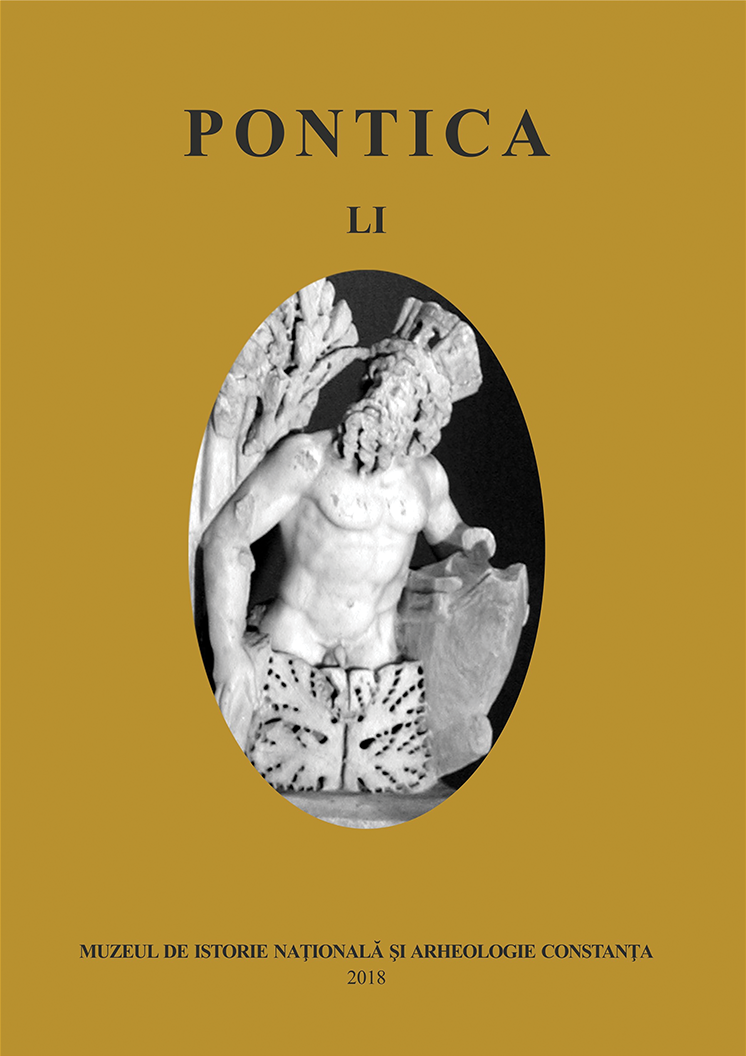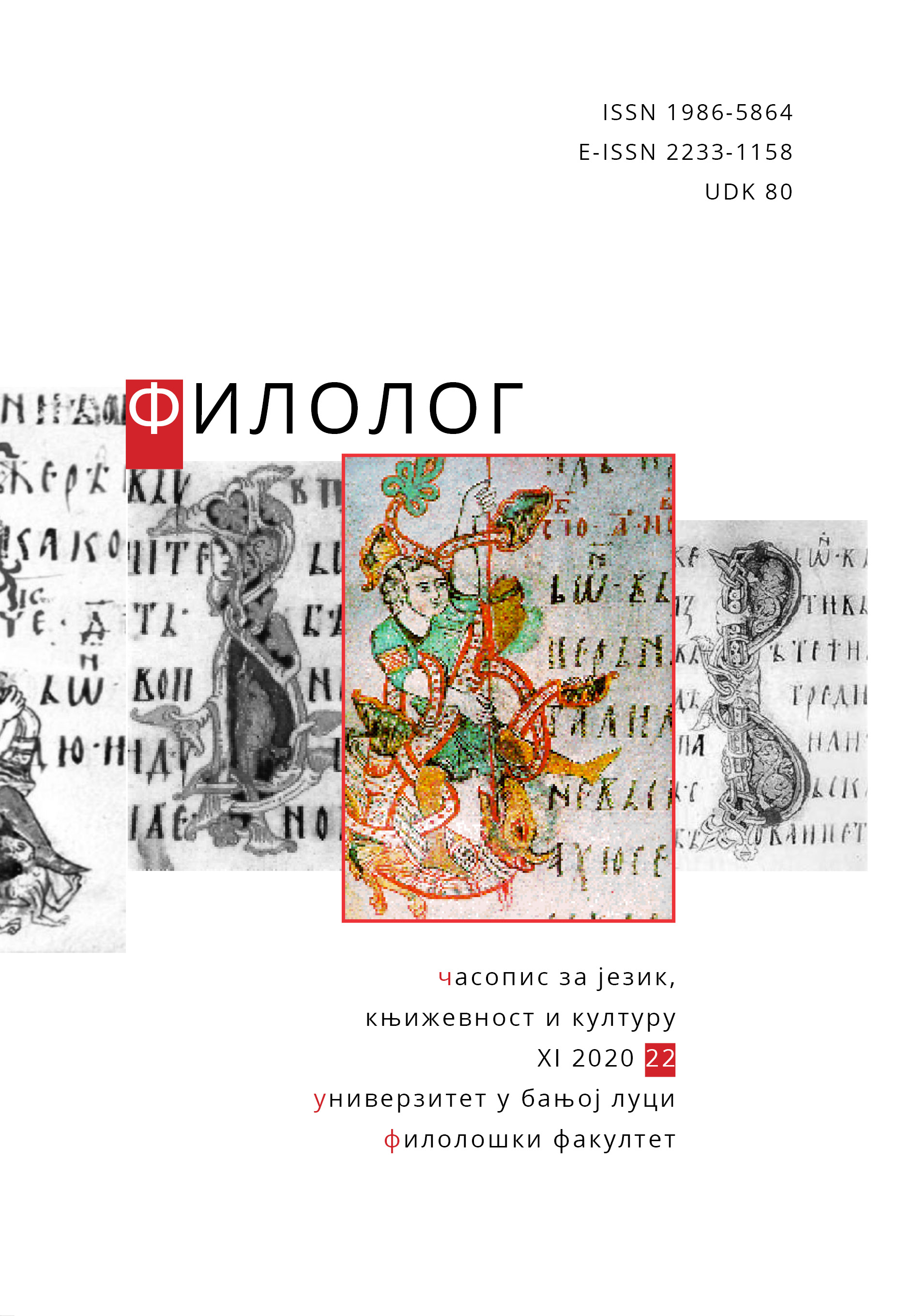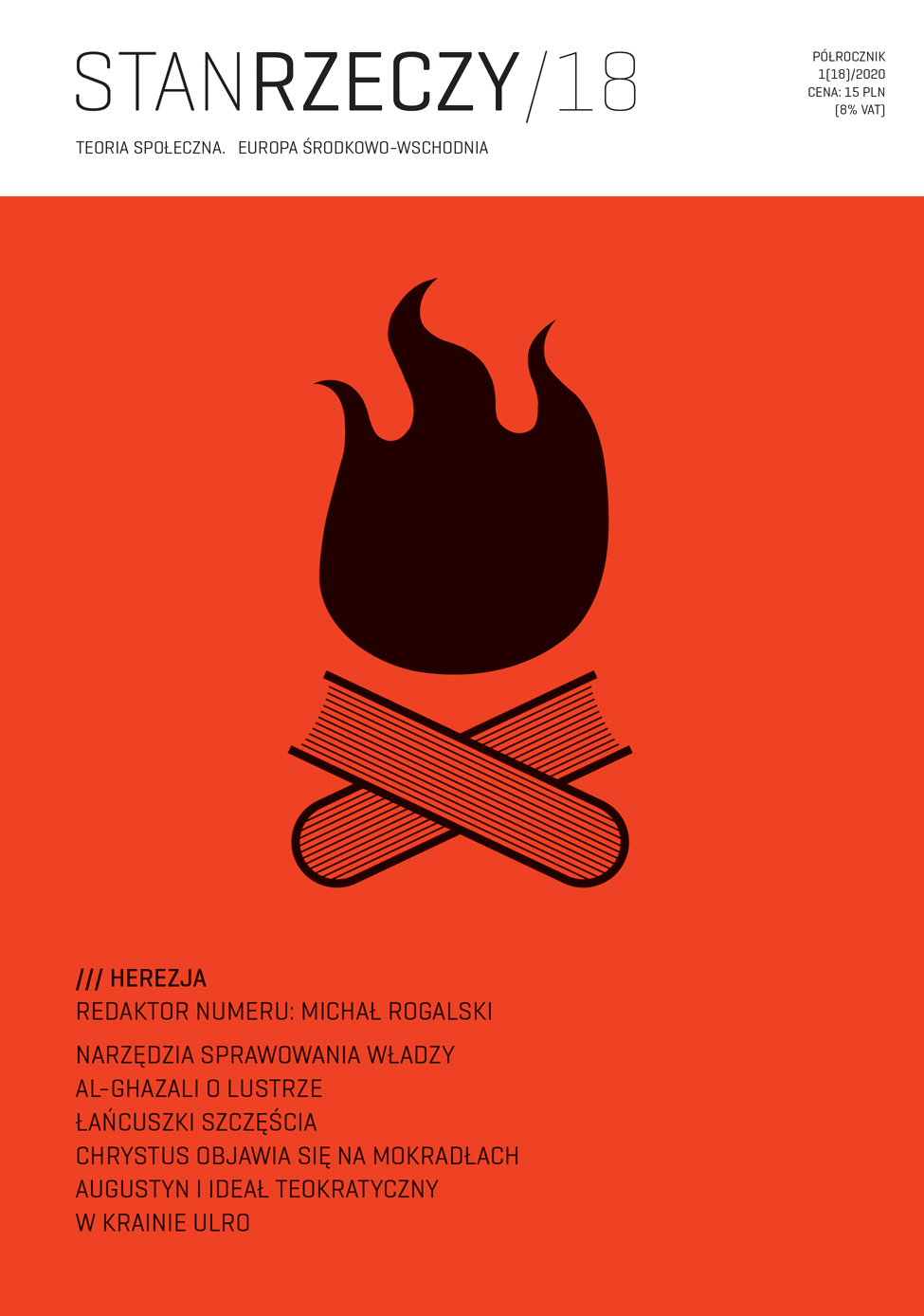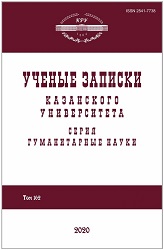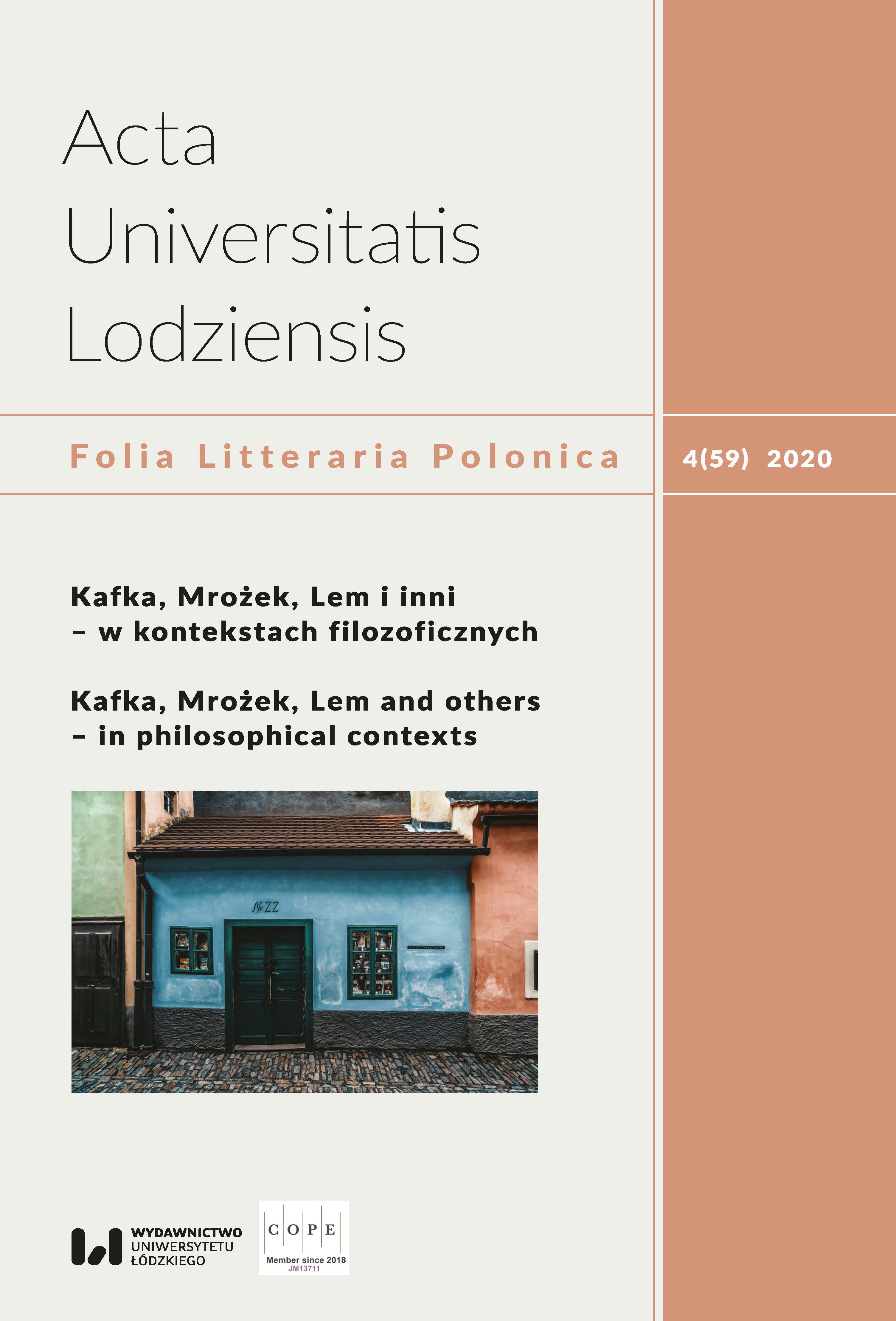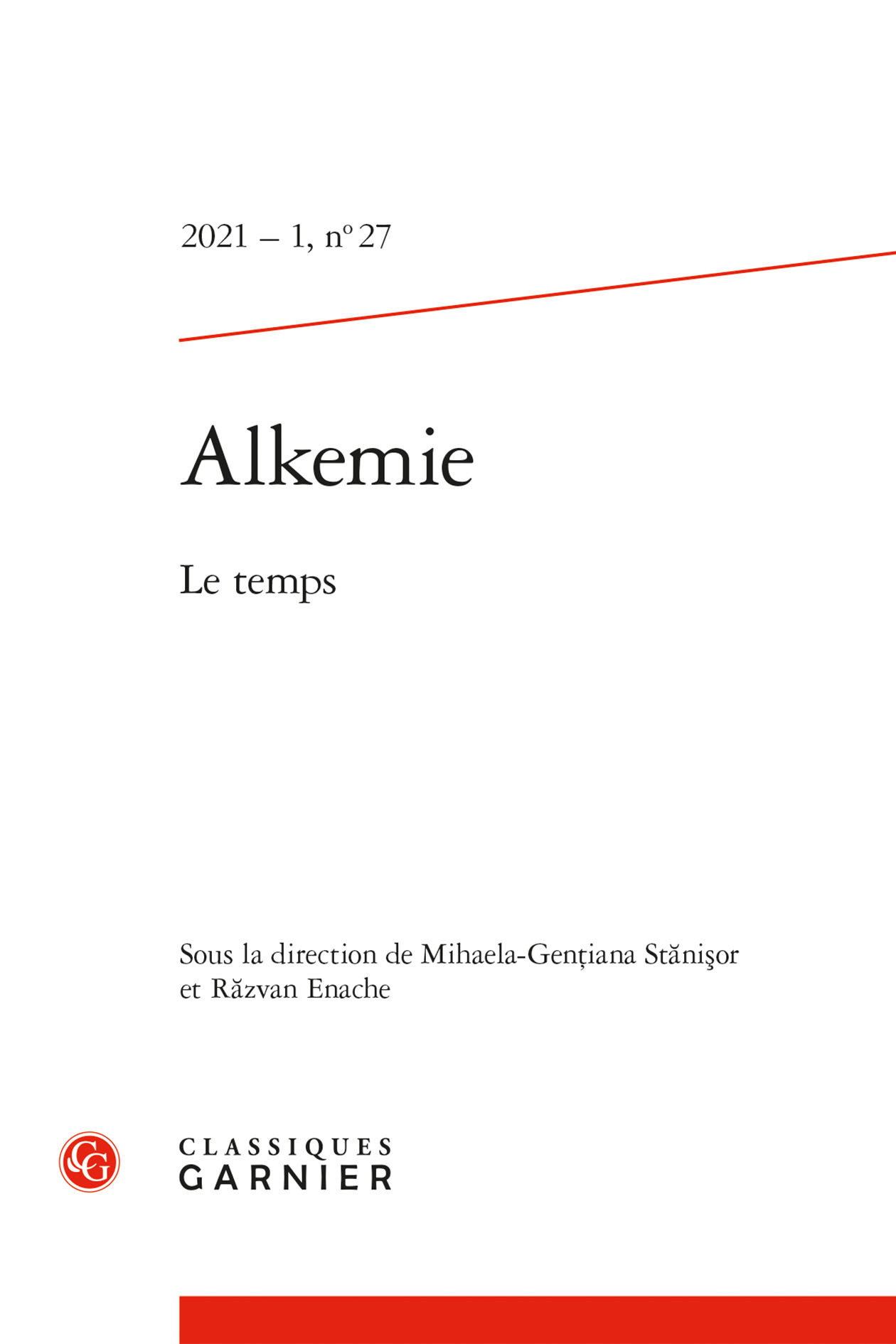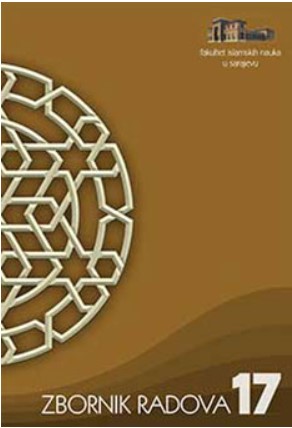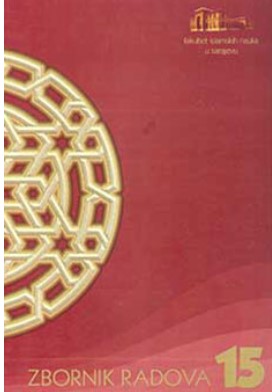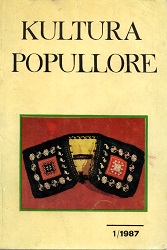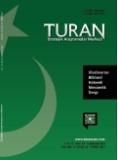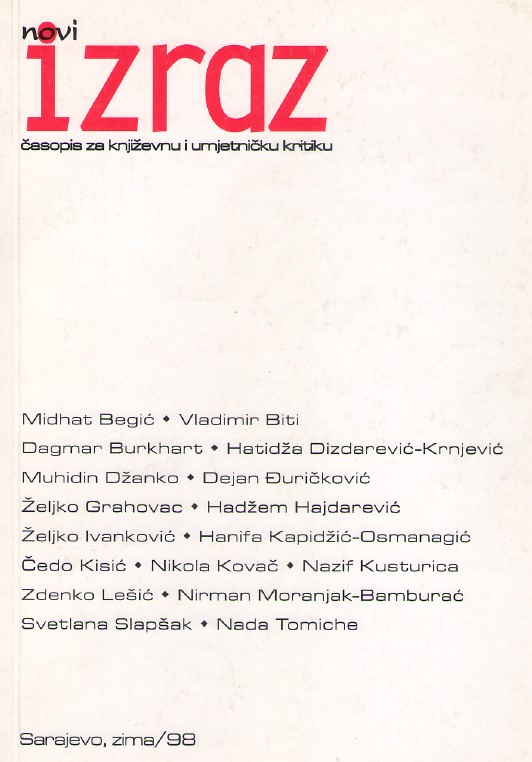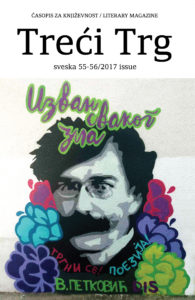
NIKOLINA ANDOVA SHOPOVA (1978)
Nikolina Andova Shopova was born on 3rd February 1978 in Skopje. She graduated from the Faculty of Philology (Macedonian and South Slavic literature) at the St Cyril and Methodius University in Skopje. She writes poetry and her haiku poems take part in the anthology New wave of Macedonian haiku. She has published two books of poetry The entrance is on the other side (2013) and Connect the dots (2014). Her first book The entrance is on the other side was awarded with the prestigious Bridges of Struga Award in 2013 – awarded by UNESCO and the Struga Poetry evenings for best debut book. In 2016, a trilingual selection of her poems in English, Macedonian and French is published by Éditions Bruno Doucey (Paris). Her poems are translated into Serbian, Croatian, Bosnian, Bulgarian, English, French, German, Chinese. She takes part in many anthologies of Macedonian poetry. Besides poetry, she writes short stories and poems for children.
More...
